Container ship at Lianyungang port, Jiangsu province (China) on August 7 - Photo: AFP
As of 5 p.m. on August 11 (Vietnam time), US President Donald Trump has given almost no indication whether he will agree to extend the tariff truce, raising concerns that tensions between the world’s two largest economies could escalate again. He recently threatened to impose punitive tariffs on China for buying Russian oil after he raised tariffs on India.
Tariffs and Soybeans
After the latest talks in Stockholm, Sweden, in July, Beijing expressed optimism, with Chinese Commerce Ministry spokesman He Yadong saying that both sides would continue to push for a 90-day extension. However, US negotiators have sought to put the ball in Trump’s court, emphasizing that the White House boss will have the final say.
The two sides have been locked in negotiations since May, when they agreed to a 90-day tariff truce that expired on August 12. Trump then suspended a 145% tariff on Chinese imports, while Beijing delayed retaliatory tariffs of 125%.
A second round of talks followed in June in London, where the two sides agreed to ease export controls on US semiconductors and Chinese rare earths. The most recent round was in Stockholm in July. After each meeting, Mr. Trump expressed optimism about the possibility of reaching an agreement but revealed few details about the content of the negotiations.
Before the truce expired, Mr. Trump called on China to quadruple its soybean imports from the United States. His comments touched on a politically painful issue that the United States is facing in its trade war with China: the negative impact of high tariffs imposed by China on American agricultural products.
"Our great farmers produce the highest quality soybeans. I hope China will quickly quadruple their soybean orders. This is also a way to dramatically reduce the US trade deficit with China" - Mr. Trump posted on the Truth Social platform on August 10.
According to the Financial Times, American farmers are also worried that they will suffer the consequences of escalating tensions with China. Beijing’s retaliatory measures have targeted US soybeans, beef, pork, seafood, cotton, chicken and corn – a move analysts say is aimed at influencing Mr Trump’s supporters in rural areas.
China’s imports of U.S. soybeans in the first half of 2025 were down 39% from the same period last year, according to data from the U.S. Department of Agriculture . Industry insiders say China typically buys most of its soybeans from the U.S. in November, December and January.
"With these tariffs, China will buy very few US soybeans. If the tariffs are not resolved by the fall, it will be very difficult for us and our farmers," said an employee of a large US agricultural and commodity trading company.
What's next?
Despite a 90-day truce, US-China trade has been hit hard. China's July trade data showed exports to the US fell for the fourth straight month, down 21.7% from a year earlier. China's total imports from the US from January to July fell 10.3%.
If the US and China fail to reach an agreement in trade talks, the two countries risk re-imposing a tariff wall on each other that US Treasury Secretary Scott Bessent described as a form of "sanctions".
Julian Evans-Pritchard, head of China economics at Capital Economics, said a potential trade deal between the two countries could include a commitment by China to increase purchases of US goods, particularly energy, agricultural products and also semiconductors and chipmaking equipment if the US allows it.
US Commerce Secretary Howard Lutnick recently said there is a possibility of extending the US-China tariff truce by 90 days.
"I think we'll let the trade team and President Trump make that decision, but it feels like they're going to reach an agreement and extend it for another 90 days," he said on Fox News on August 7 when asked if the truce would be extended.
While an extension has yet to be decided, experts expect a summit between Mr Trump and Chinese President Xi Jinping in the coming months.
"That would imply a more stable but not friendlier US-China relationship," said Ian Bremmer, president of political risk consultancy Eurasia Group, noting that the two countries are "essentially moving closer to decoupling due to the new global geopolitical and trade environment."
Current tariff rates
According to the Peterson Institute for International Economics, the average US tariff on Chinese goods is currently 54.9%, covering 100% of all items. Meanwhile, China's average tariff on goods exported from the US is 32.6%, also covering 100% of all items.
US tariffs have increased by 34.2 percentage points since Mr. Trump began his second term as president on January 20, 2025. Over the same period, China's tariffs have increased by 11.4 percentage points.
PEACEFUL
Source: https://tuoitre.vn/ngay-12-8-my-trung-het-90-ngay-dinh-chien-thue-quan-20250811222759793.htm





![[Photo] National Assembly Chairman Tran Thanh Man welcomes and holds talks with Chairman of the National People's Congress of China Zhao Leji](https://vphoto.vietnam.vn/thumb/1200x675/vietnam/resource/IMAGE/2025/8/31/9fa5b4d3f67d450682c03d35cabba711)
![[Photo] General Secretary To Lam receives Chairman of the National People's Congress of China Zhao Leji](https://vphoto.vietnam.vn/thumb/1200x675/vietnam/resource/IMAGE/2025/8/31/5af9b8d4ba2143348afe1c7ce6b7fa04)

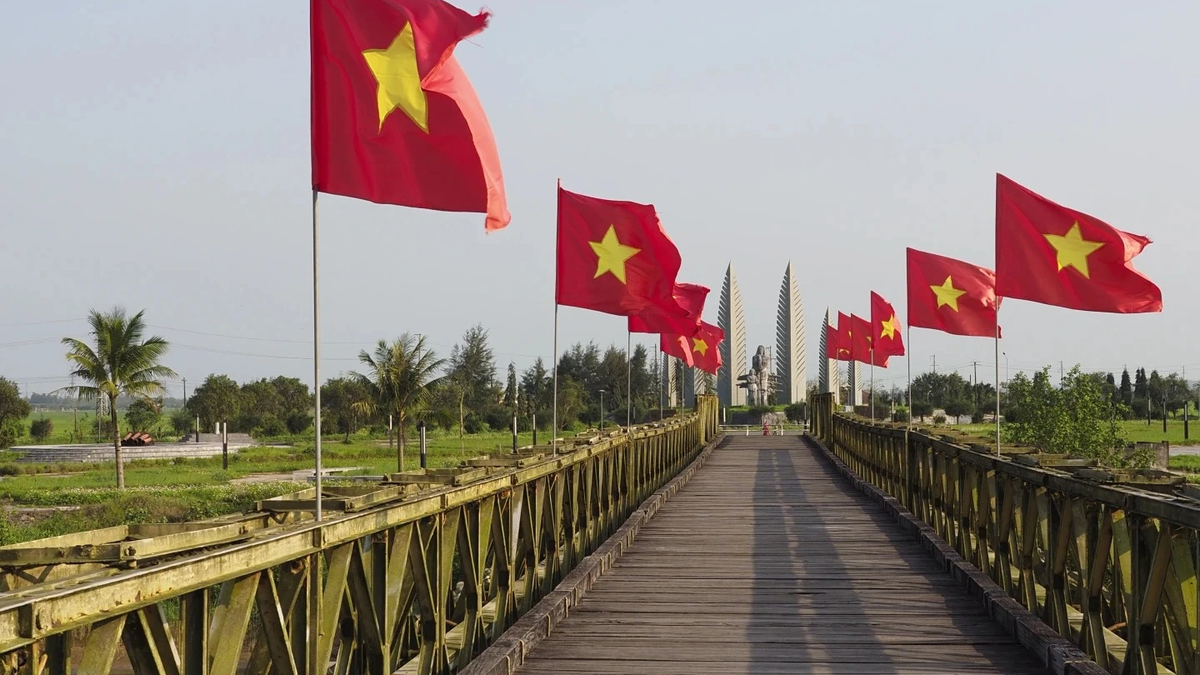
![[Photo] Marching together in the hearts of the people](https://vphoto.vietnam.vn/thumb/1200x675/vietnam/resource/IMAGE/2025/8/31/8b778f9202e54a60919734e6f1d938c3)
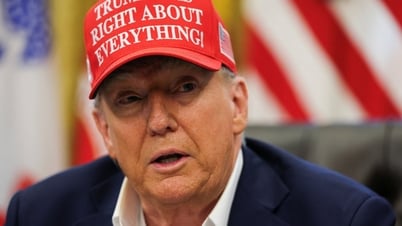
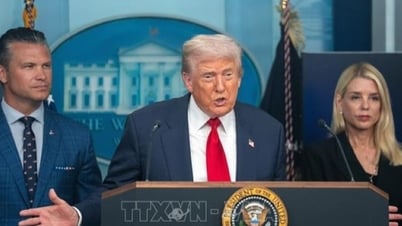


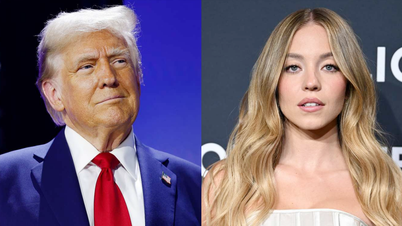








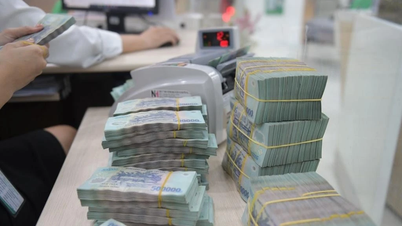



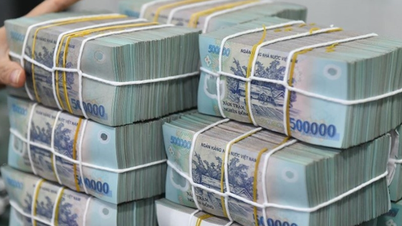






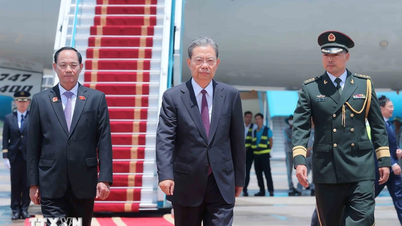





















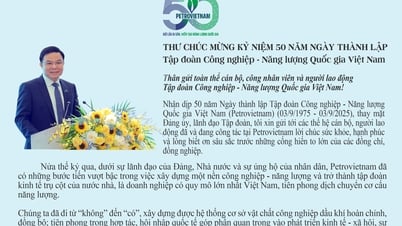
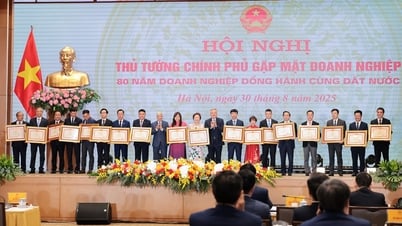








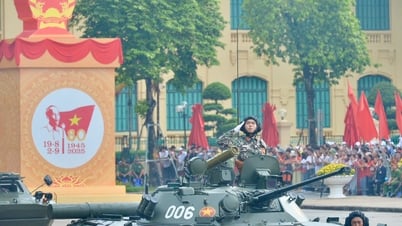







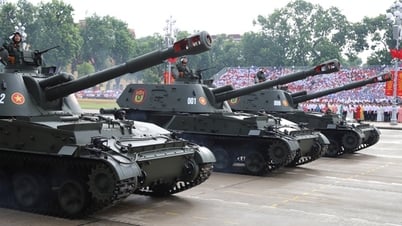























Comment (0)